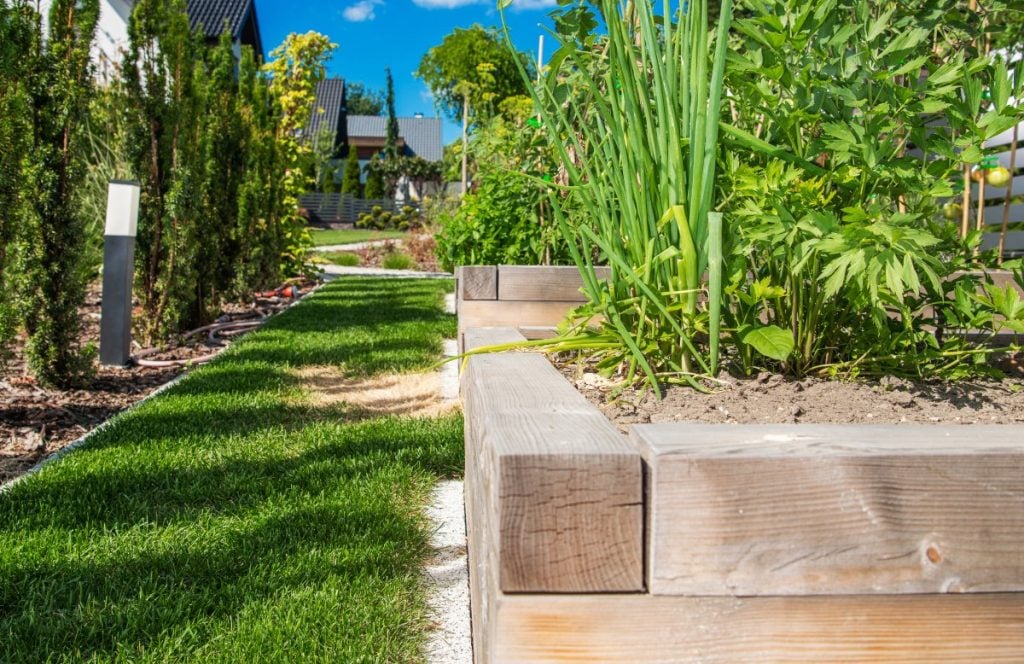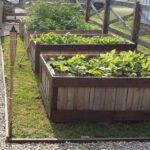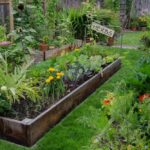Creating a pond on your 15 acre homestead can be an exciting and rewarding project. It provides water for irrigation, supports local wildlife, and can even enhance the aesthetic appeal of your property. However, choosing the right pond liner is crucial to ensure the longevity and sustainability of your pond.

Understanding the Importance of Pond Liners
Pond liners play a vital role in maintaining the water body by preventing water loss through seepage. For a 15 acre homestead, where water conservation is paramount, selecting the right liner can save you time, effort, and resources in the long run.
Types of Pond Liners
There are several types of pond liners available, each with its own set of advantages and disadvantages. Here we explore the most common options:
1. EPDM Rubber Liners
EPDM (Ethylene Propylene Diene Monomer) rubber liners are highly flexible and durable. They are resistant to UV rays and extreme temperatures, making them an excellent choice for homesteads in varying climates.
2. PVC Liners
PVC (Polyvinyl Chloride) liners are cost-effective and relatively easy to install. However, they are less durable compared to EPDM liners and can be prone to damage from sharp objects and UV exposure.
3. RPE Liners
RPE (Reinforced Polyethylene) liners are incredibly durable and puncture-resistant. They are ideal for large ponds on a 15 acre homestead due to their strength and longevity.
Factors to Consider When Choosing a Pond Liner
When selecting a pond liner for your homestead, several factors should be considered:
Durability
Consider the lifespan and strength of the liner material. A more durable liner might cost more upfront but can save money on repairs and replacements over time.
Environmental Conditions
Assess the climate and environmental conditions of your 15 acre homestead. Choose a liner that can withstand the local weather patterns, including temperature extremes and UV exposure.
Cost
Budget is always a consideration. Balance the initial investment with the potential long-term benefits and savings that a high-quality liner can provide.
Installation Tips for Pond Liners
Proper installation of your pond liner is crucial to ensure its effectiveness and longevity.
Preparing the Site
Before installation, clear the pond area of debris and sharp objects that could damage the liner. Level the ground to create a smooth surface for the liner to rest on.
Laying the Liner
Ensure the liner is laid evenly and without wrinkles. This will help prevent potential weak spots where the liner could tear or degrade.
Securing the Edges
Once the liner is in place, secure the edges with rocks or soil to hold it in place, especially in areas with high winds.
Maintaining Your Pond Liner
Regular maintenance can extend the life of your pond liner and keep your pond healthy.
Regular Inspections
Check for signs of wear and tear, such as cracks or punctures. Address any issues promptly to prevent further damage.
Cleaning
Keep the pond clean of debris and organic matter that could degrade the liner or affect water quality.
Water Levels
Maintain consistent water levels to reduce stress on the liner and prevent exposure to UV rays.
For more information on homesteading and related topics, visit Integrated Pest Management, Mulching Techniques, and Butchering on the Homestead.
External Resources
For more insights into homesteading, check out this Wikipedia article on Homesteads.

FAQs
1. What is the best pond liner for a 15 acre homestead?
The best pond liner depends on your specific needs, budget, and environmental conditions. EPDM and RPE liners are popular choices for their durability.
2. How long do pond liners last?
With proper maintenance, high-quality liners like EPDM and RPE can last up to 20 years or more.
3. Can I install a pond liner myself?
Yes, with proper preparation and guidance, you can install a pond liner yourself. However, professional installation can ensure a perfect fit and longevity.





